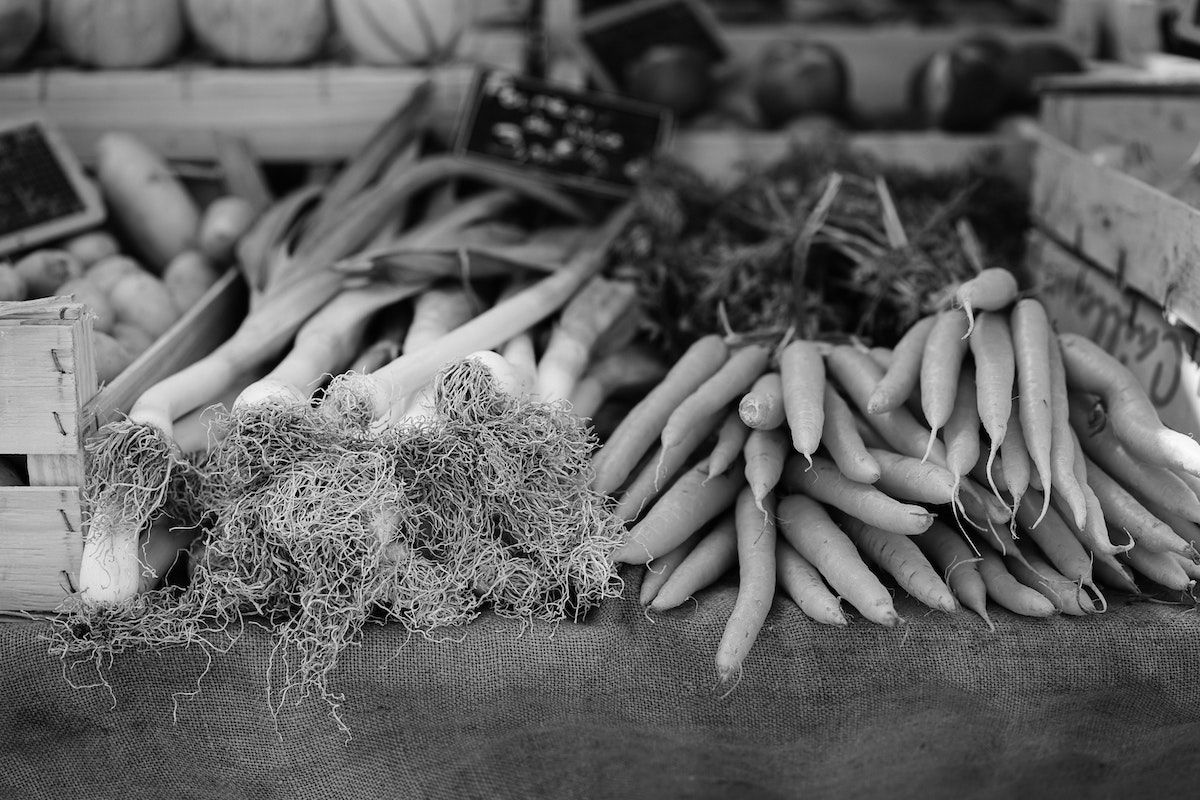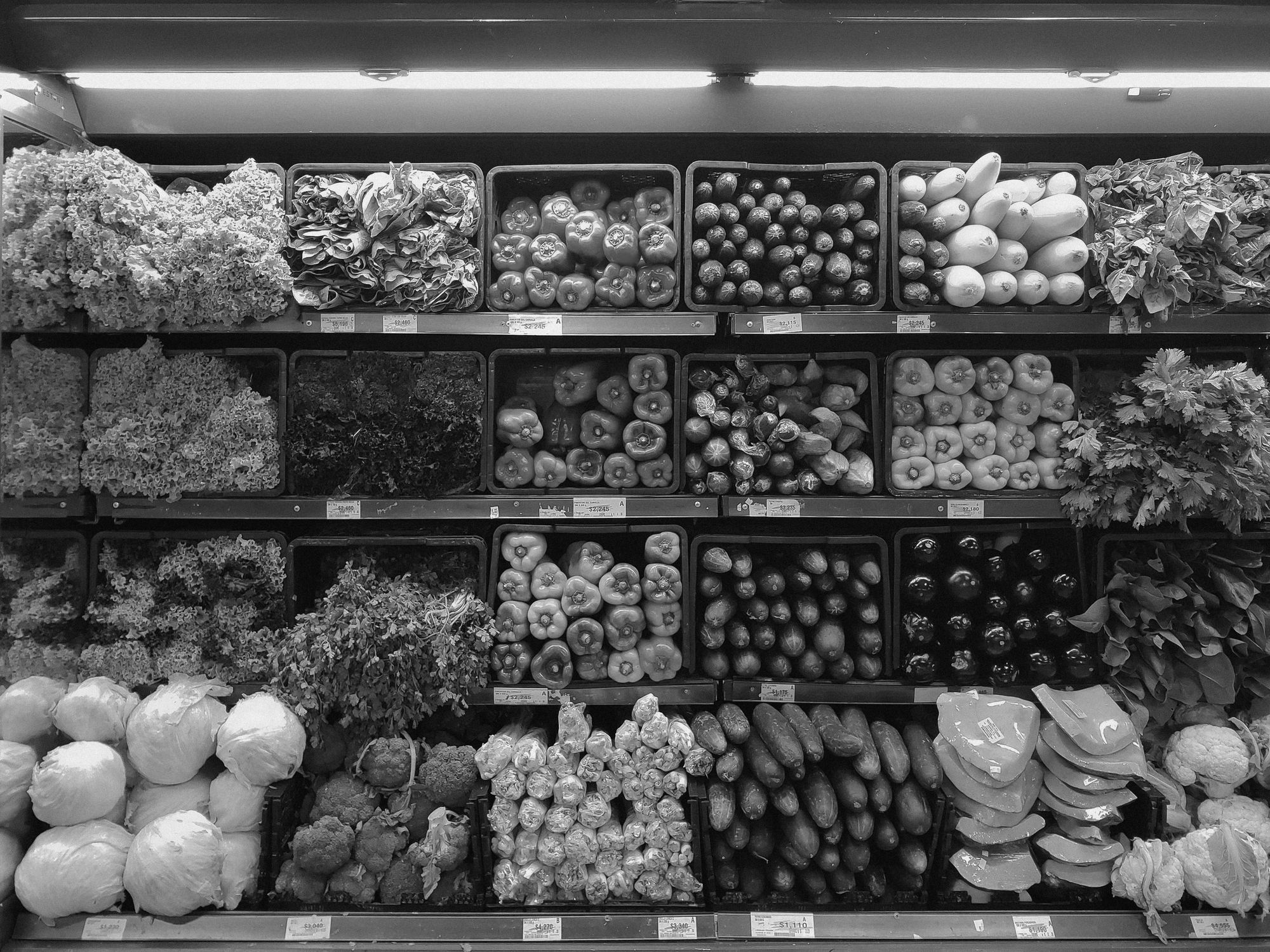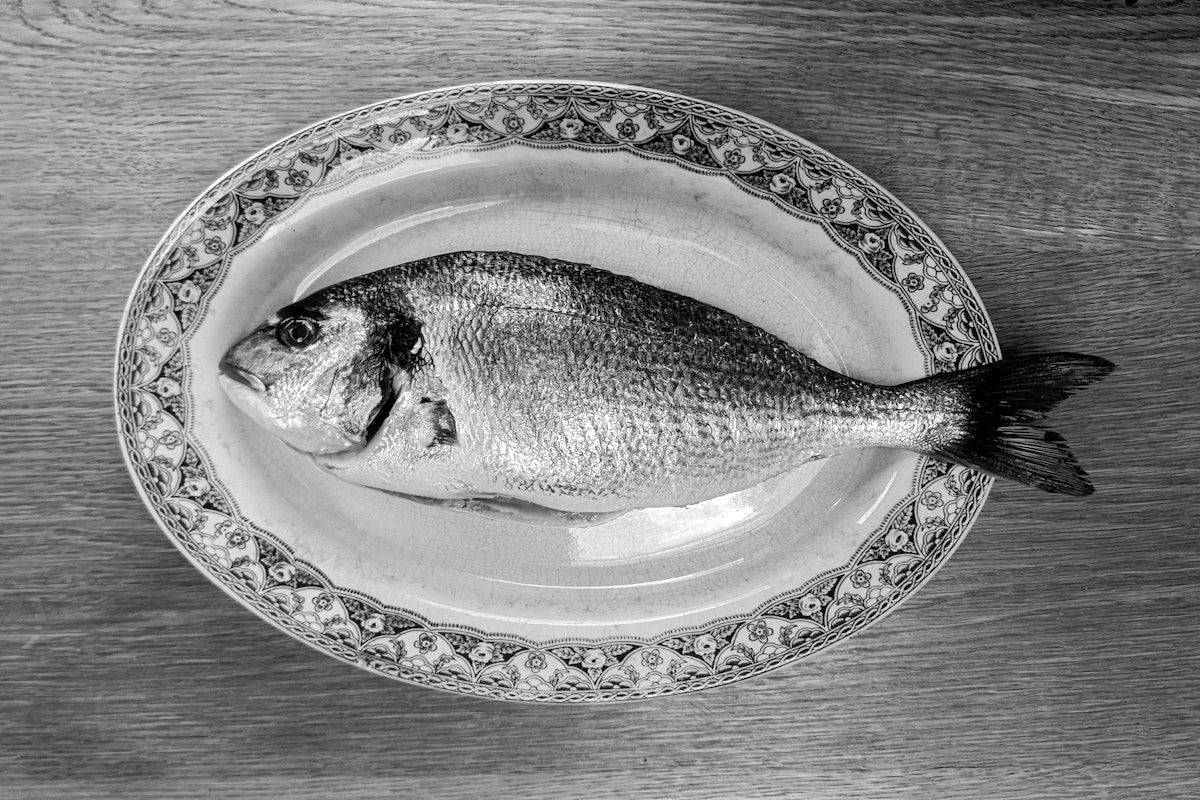Community buying groups are recreating the future of food
Food Clubs in South Africa hold much promise for a preferred food future.

There is a lot wrong with our modern food systems.
While big business has made the food we eat cheaper and more accessible than ever before, it has at the same time also distanced us from the very essence of what makes food such a deeply-human experience.
We have traded our souls for convenience - and over the past few decades the collective push-back to regain our food sanity has been fierce.
An encouraging development - that we were not aware of until it was shared with us last week - is the rise of the Food Club movement in South Africa.
Food Clubs are essentially "community buying groups". The idea is to decentralise our food system and create a market for food that is farmed/produced using sustainable practices, regenerative agriculture in particular, thereby voting with our wallets for food that is good for our health, the environment and local society. The result is food that is nutritionally dense, with less waste and packaging, and that does not poison our eco-systems.
The win-win of the model
In the supermarket model, farmers might receive 37.3% of retail prices, versus the 75-85% when supplying local food clubs. In Food Clubs suppliers are King - they set their own prices, get a fair wage and prompt payment, allowing them to continue their good and important work.
How it works for members of a Food Club:
The Club is made up of members who order once/twice a month via the Club’s website – from meat and fresh produce to cleaning products and dry goods. Orders are collated and placed by the Club Host, who handles all the logistics and administration. Members collect their order a week later at the Club’s “Market Day” and make a single payment to the Host. Ie food is harvested/produced to order - meaning less waste.
As a society we are a long, long way away from creating a more sustainable modern food system, but there are working solutions like the Food Club movement, which shows a lot of promise.
Give it a go yourself, or if you are already a member, please share your experience with us in the comments.
Food Clubs registered in the Cape Town region:
The take-out
Many thanks to Courtney Atkinson - who manages the Constantia Food Club - and Jessica Merton - Founder of Food Club Hub - for sharing this information with us.
Previously on Cherryflava:





